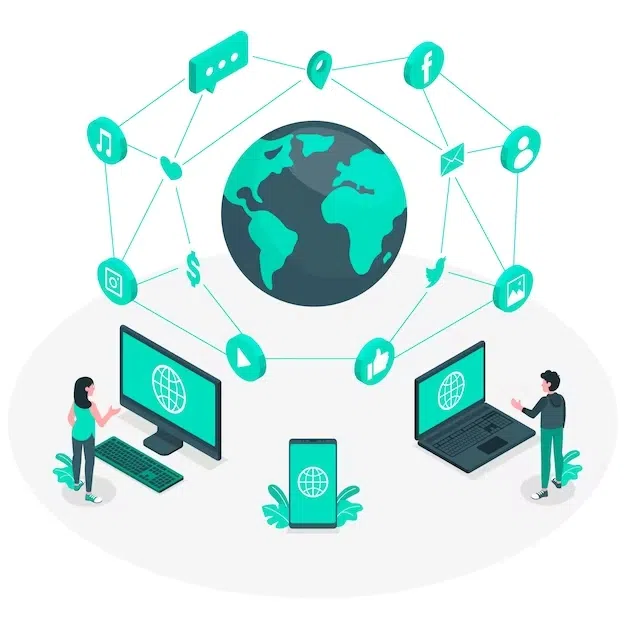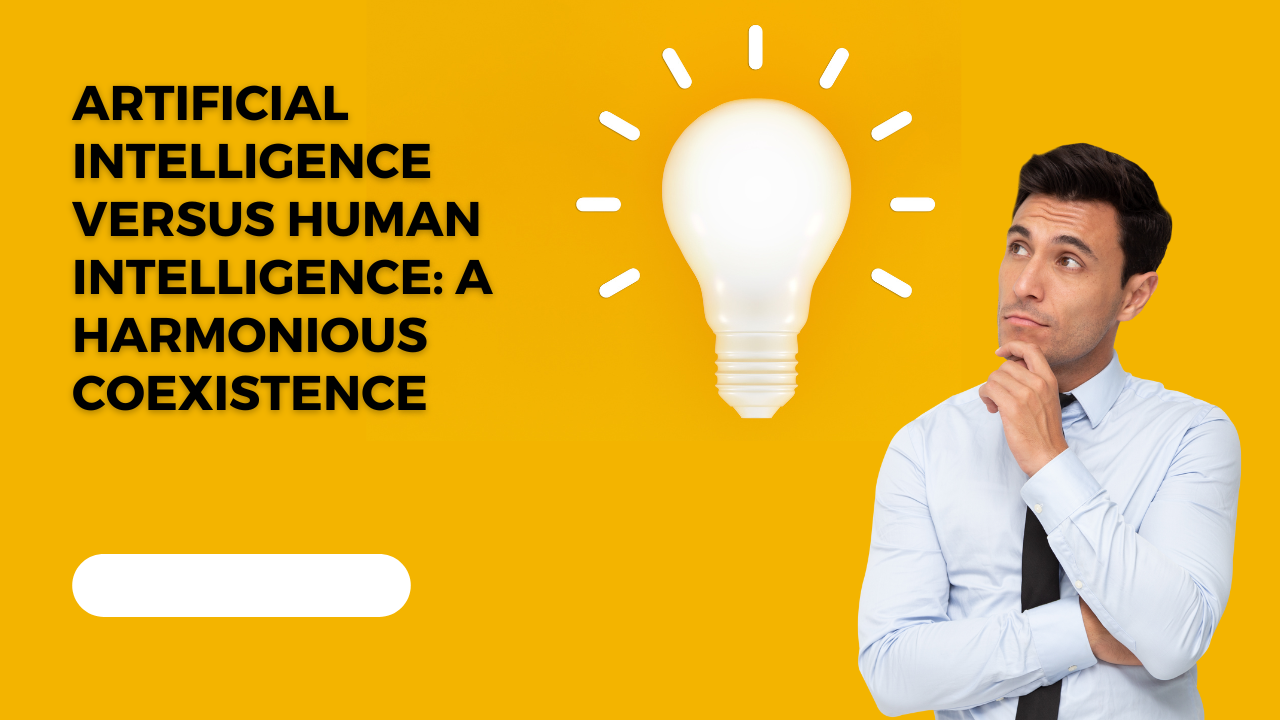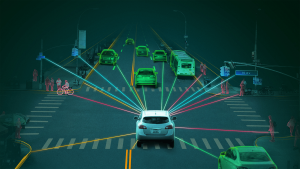Introduction:
In the realm of technology, artificial intelligence (AI) has emerged as a transformative force, revolutionizing various aspects of our lives. As AI continues to advance at an unprecedented pace, it raises an intriguing question: Can machines ever truly surpass human intelligence? In this blog post, we will explore the intricate relationship between artificial intelligence and human intelligence, examining their respective strengths, limitations, and the potential for a harmonious coexistence.
The Power of Artificial Intelligence:
Artificial intelligence encompasses a wide range of technologies, from machine learning and natural language processing to computer vision and robotics. AI systems possess remarkable capabilities that enable them to analyze vast amounts of data, identify patterns, and make predictions with impressive accuracy. Their ability to process information at incredible speeds allows them to perform complex tasks more efficiently than humans, leading to advancements in fields such as healthcare, finance, and transportation.
The Human Edge:
While AI exhibits exceptional computational power, human intelligence offers unique qualities that distinguish us from machines. Human intelligence encompasses creativity, emotional intelligence, critical thinking, and empathy, which enable us to approach problems from multiple perspectives, adapt to novel situations, and engage in social interactions. Our ability to grasp abstract concepts, exercise moral judgment, and make ethical decisions based on subjective values remains unmatched by AI systems.
The Synergy of AI and Human Intelligence:
Rather than perceiving AI as a competitor, it is more productive to consider how it can augment human intelligence. By automating mundane and repetitive tasks, AI liberates humans to focus on higher-level cognitive functions, fostering innovation and creativity. For instance, in the medical field, AI-powered diagnostic tools can analyze medical images and patient data, assisting doctors in making accurate diagnoses and improving patient care.
Ethical Considerations and Accountability:
As AI continues to evolve, we must address the ethical implications of its implementation. Ensuring AI algorithms are transparent, unbiased, and accountable becomes crucial. Human oversight is necessary to prevent the reinforcement of existing biases and ensure the ethical deployment of AI technologies. Balancing the power of AI with human judgment and ethical values is essential to maintain a fair and just society.
The Limitations of AI:
Despite its incredible advancements, AI still faces inherent limitations. While AI excels in processing structured data, it struggles with unstructured and ambiguous information, relying heavily on human-curated datasets for training. AI systems lack the capability to experience emotions, possess consciousness, or exhibit genuine empathy, which are integral to human interactions and relationships. Additionally, AI algorithms can be susceptible to adversarial attacks and unintended consequences, highlighting the need for continuous refinement and oversight.
Embracing Collaboration:
Rather than pitting AI against human intelligence, a more productive approach is to embrace collaboration. By combining the strengths of AI and human intelligence, we can create powerful synergies that propel us towards new frontiers. Human intelligence provides the context, moral compass, and creativity, while AI contributes computational power, data analysis, and automation. Together, they form a formidable partnership, driving innovation and addressing complex societal challenges.
Conclusion:
The dichotomy of artificial intelligence versus human intelligence is not a battle for superiority, but an opportunity for collaboration. As we navigate the ever-evolving landscape of technology, embracing the potential of AI while recognizing the unique capabilities of human intelligence is vital. By leveraging AI’s computational power and human intelligence’s creativity and empathy, we can create a future where humans and machines coexist harmoniously, forging new paths towards progress, innovation, and a better world.
For more updates stay with boardofjobs.com



